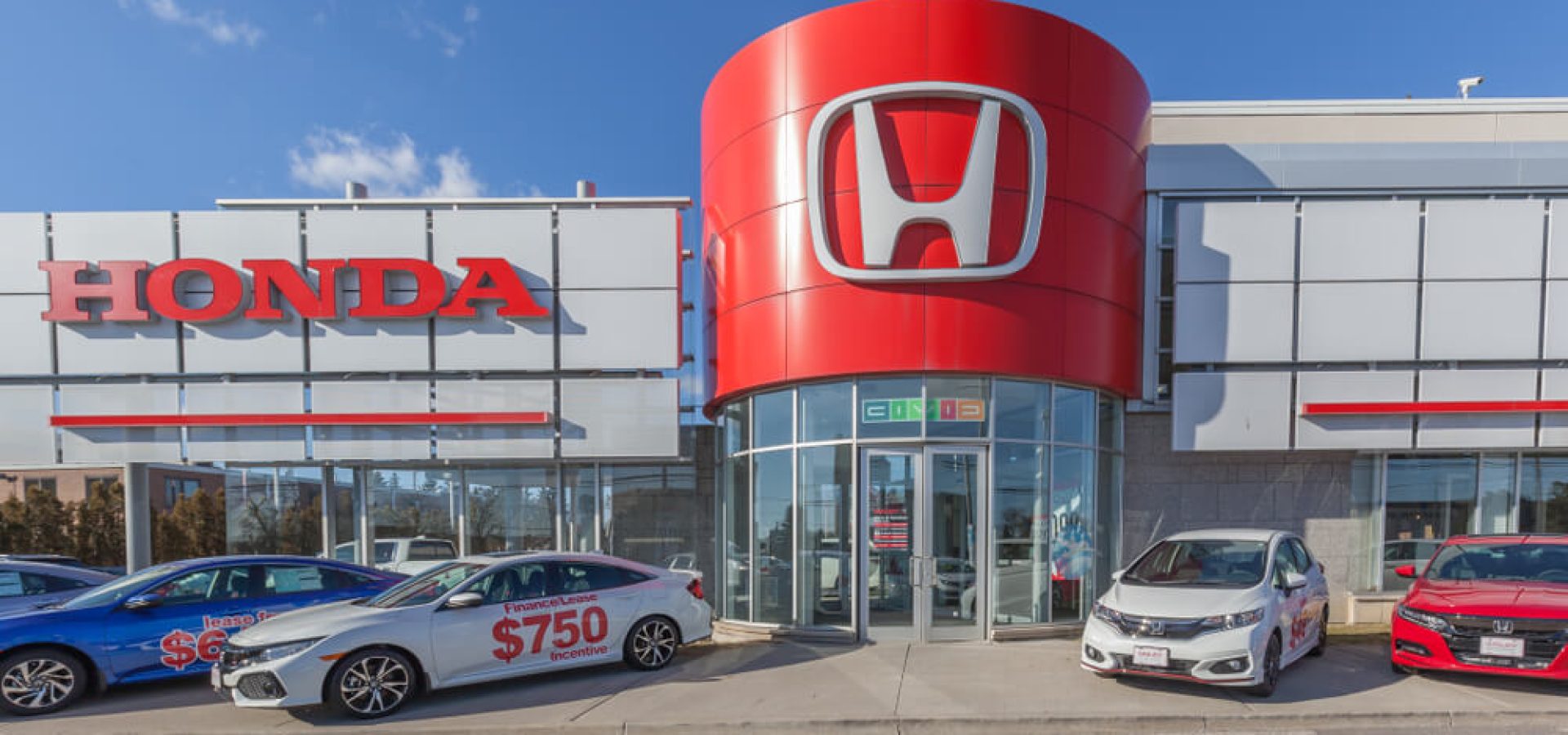On Tuesday, Honda Motor Company stated plans to invest $64.00 billion in research and development over the next decade.
Additionally, the Japanese automobile manufacturer said it would spend another $40.00 billion on electrification. This expenditure includes building its own architecture and exploring new growth opportunities in the sector.
At the same time, it will fund $80.00 million per year in startups that could help widen its business.
These plans aim to reach an ambitious target of rolling out 30 electric vehicle models globally by 2030. It also targets to produce 2.00 million EVs within the same period.
Accordingly, the significant spending will enable the company to shift from selling products alone to offering combined solutions.
The plan came as the firm actively pursued inter-industry collaboration and alliances. Its push toward electric vehicles has prompted it to hunt for partners to optimize costs and share technology.
Consequently, it aims to grab a share in the fast-growing market for electric vehicles, led by Tesla Inc. The automakers in the Asian region risk falling behind European and US rivals.
Honda further mentioned that it wanted to establish a dedicated EV production line in North America. It proposes to release two mid-to-large car models.
It also targets to procure Ultium batteries from General Motors Co. Moreover, the firm also considers a separate joint venture for battery production in the region.
Last week, both businesses announced plans to develop lower-priced EV cars based on a new joint platform. Honda will offer these cars for commercial use as Japan lacks the charging infrastructure needed for wide-scale deployment.
Eventually, this scheme expanded on the initial plans to build two e-SUVs for the Japanese firm in 2024.
Honda’s to continue Hybrid cars
Despite its massive investment in electrification, Honda ensured that it would not leave the hybrid technology.
Moreover, experts pointed out that the infrastructure to support battery electric vehicles will require a longer time.
The Japanese automaker said that it would develop its current hybrid units and use them as a weapon in its business.
Overall, Honda is on its way to achieving its 10.00% cost reduction target for global automobile production.
This is despite the persisting issues like the pandemic and semiconductor shortage. The company successfully tightened its business structure, hoping to achieve a return on sales of 7.00%.
Meanwhile, rival Toyota targets 3.50 million EV sales by 2030. Then, Nissan intends for half its cars to be electric by the end of the decade.
Furthermore, entertainment giant Sony stated plans to develop EVs, aiming to start selling the first model in 2025.









COMMENTS